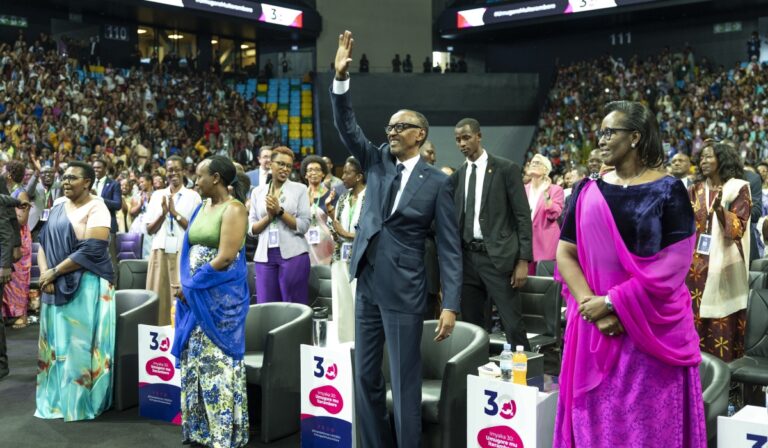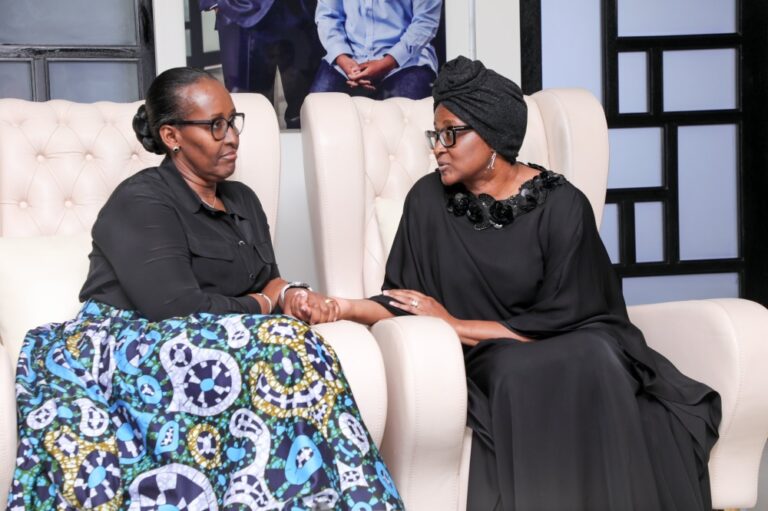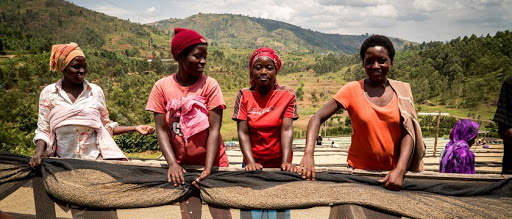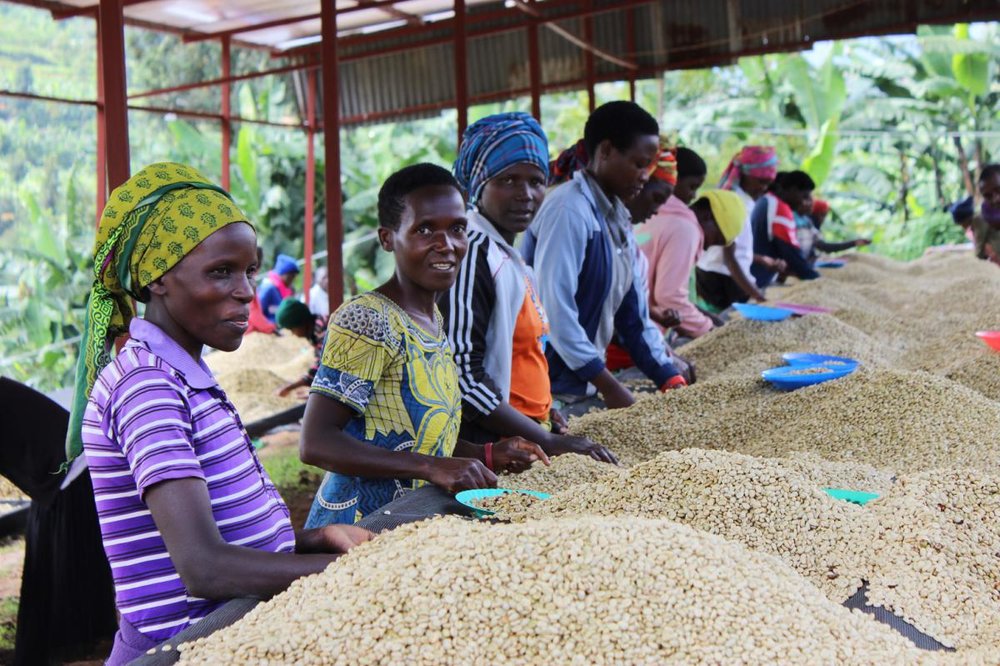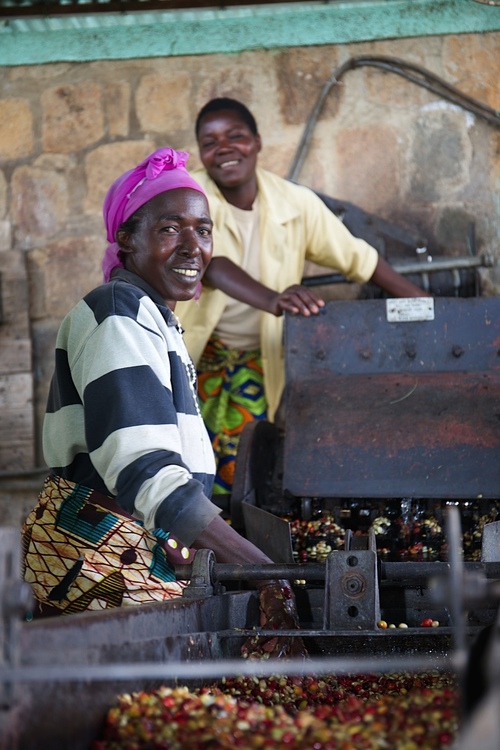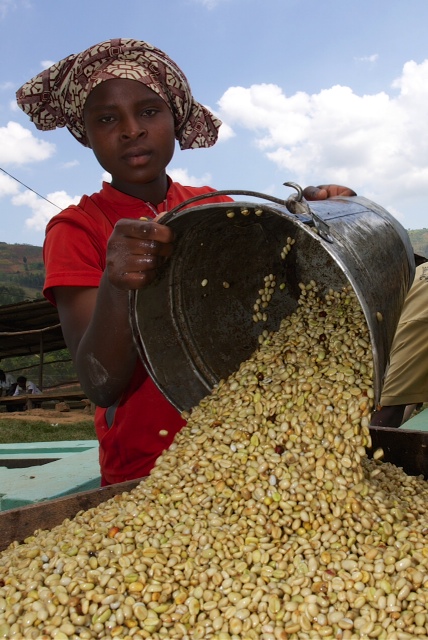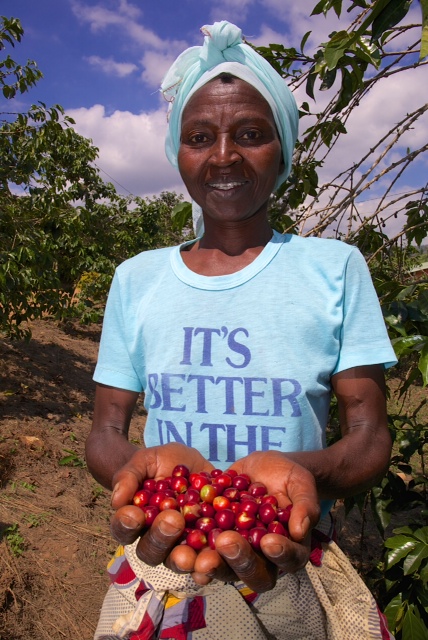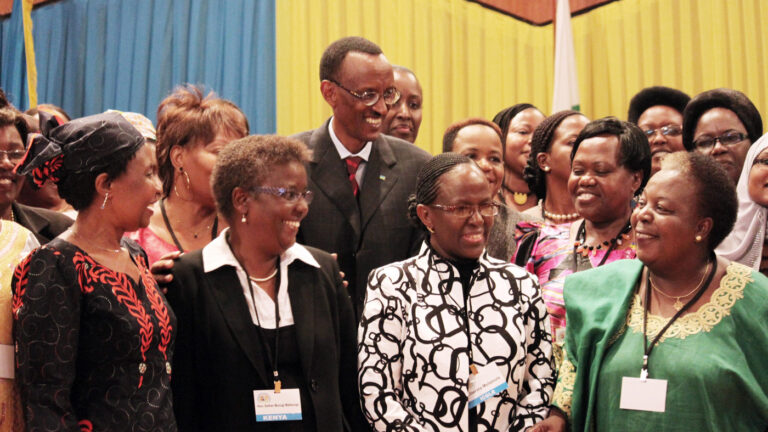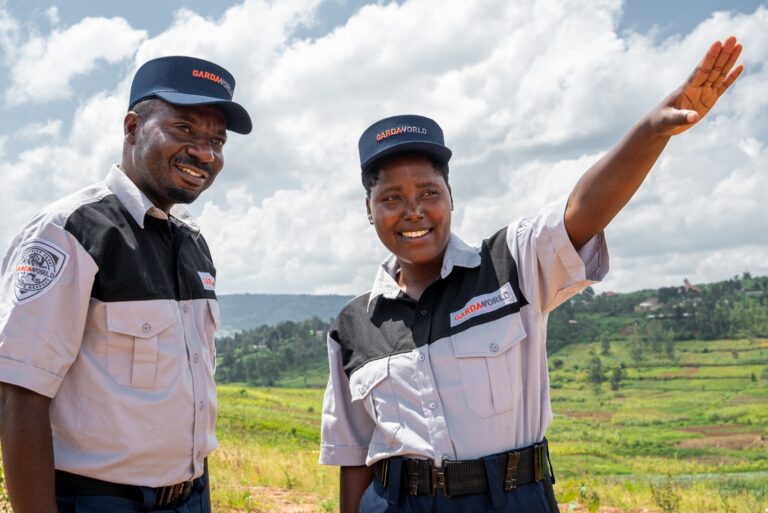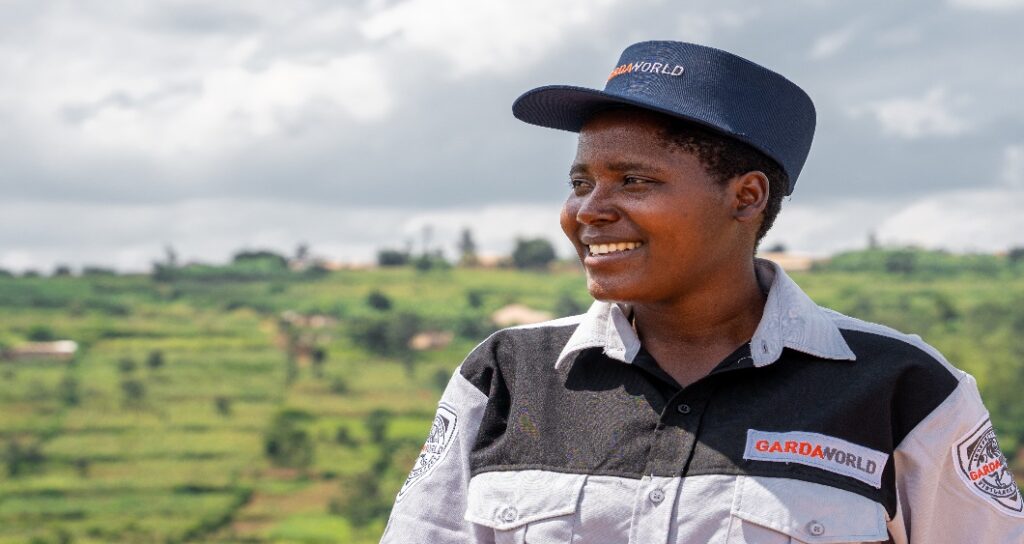
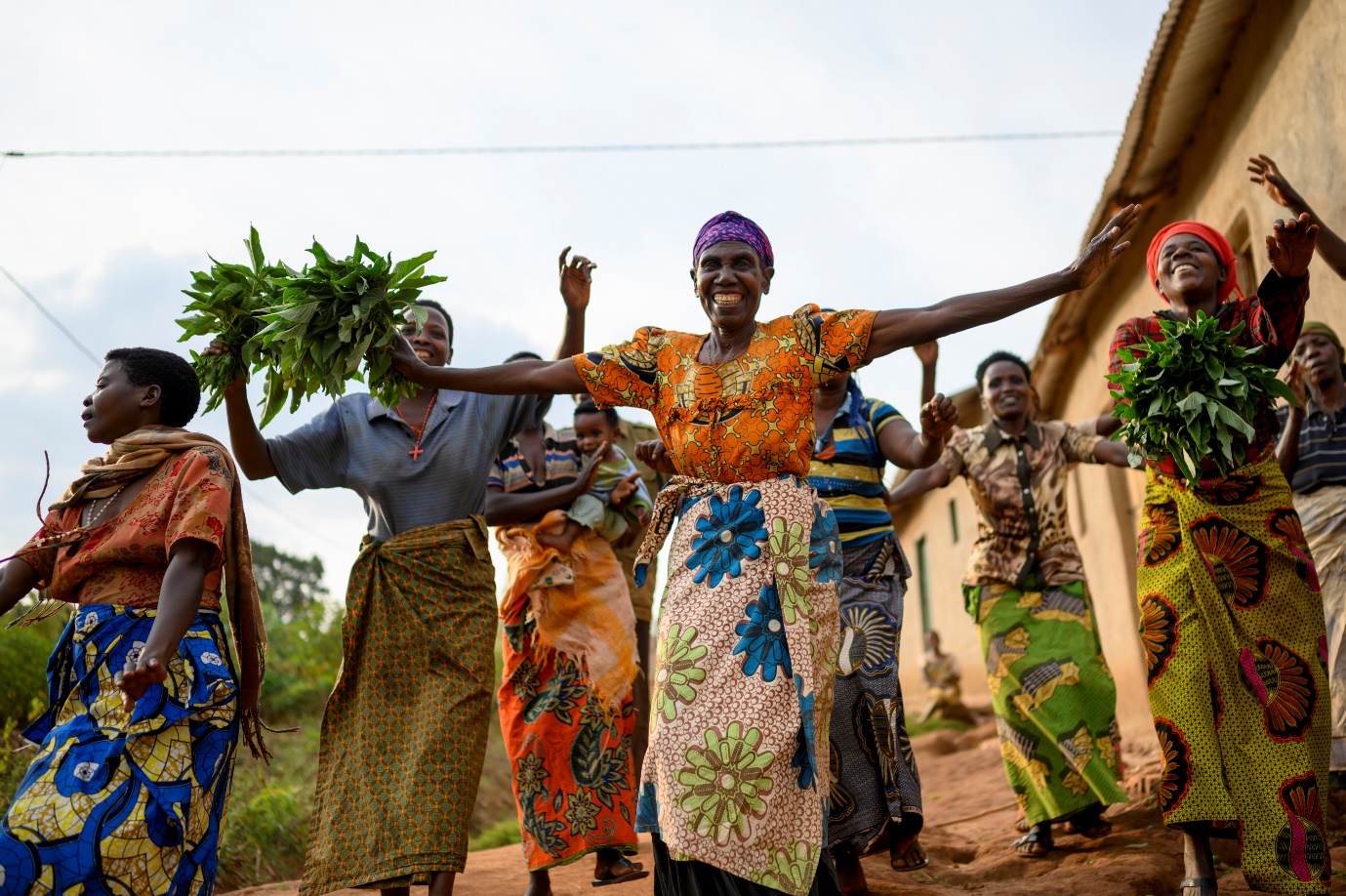
BACKGROUND OF AEE RWANDA
AEE Rwanda is one of the leading local, Christian non-governmental organizations in Rwanda. Our mission is to foster the holistic transformation of the most vulnerable through sustainable and innovative programs that address the root causes of poverty and rights violations.
AEE Rwanda started its operations in 1984 and was legally registered in 1987 with a team of seven staff. During the 1994 genocide, AEE’s operations were curtailed by the death of 3 staff members and loss of property. Later that year, AEE was reconstituted with a new team and embarked on emergency relief, peace, and reconciliation programs. AEE has since grown to include longer-term development programs enabling the communities to overcome poverty and other confounding factors.
Our uniqueness
Focus on the most vulnerable and marginalized
AEE works with children and other disadvantaged groups in resource-limited areas. By undertaking participatory situation analyses, our programs respond to the needs and interests of communities and national priorities.
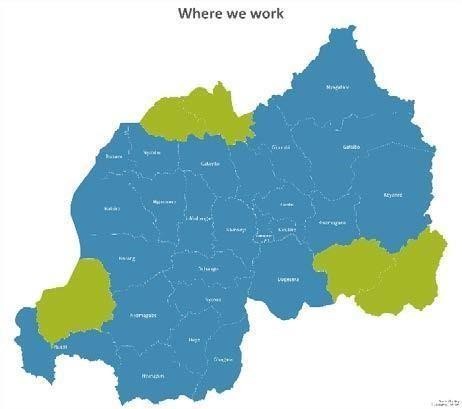 Strong national presence
Strong national presence
We operate in 29 out of the 30 districts in the country and have 17 field offices. 80% of our staff reside in the communities where they work. Our staff understand the local languages and contexts. Thus, we can mobilize communities, implement projects, and provide timely responses.
Introduction
Over the past 30 years, AEE Rwanda has made significant strides in advancing the rights and opportunities of women and Adolescent Girls and Young Women (AGYW). Through targeted interventions and innovative approaches, the organization has addressed critical issues and supported national development goals. As Rwanda continues to pursue its vision for the future, AEE Rwanda’s ongoing efforts will remain vital in pushing the country’s vision for women and girls as well as in fostering a more equitable and prosperous society.
Interventions in Women’s Empowerment
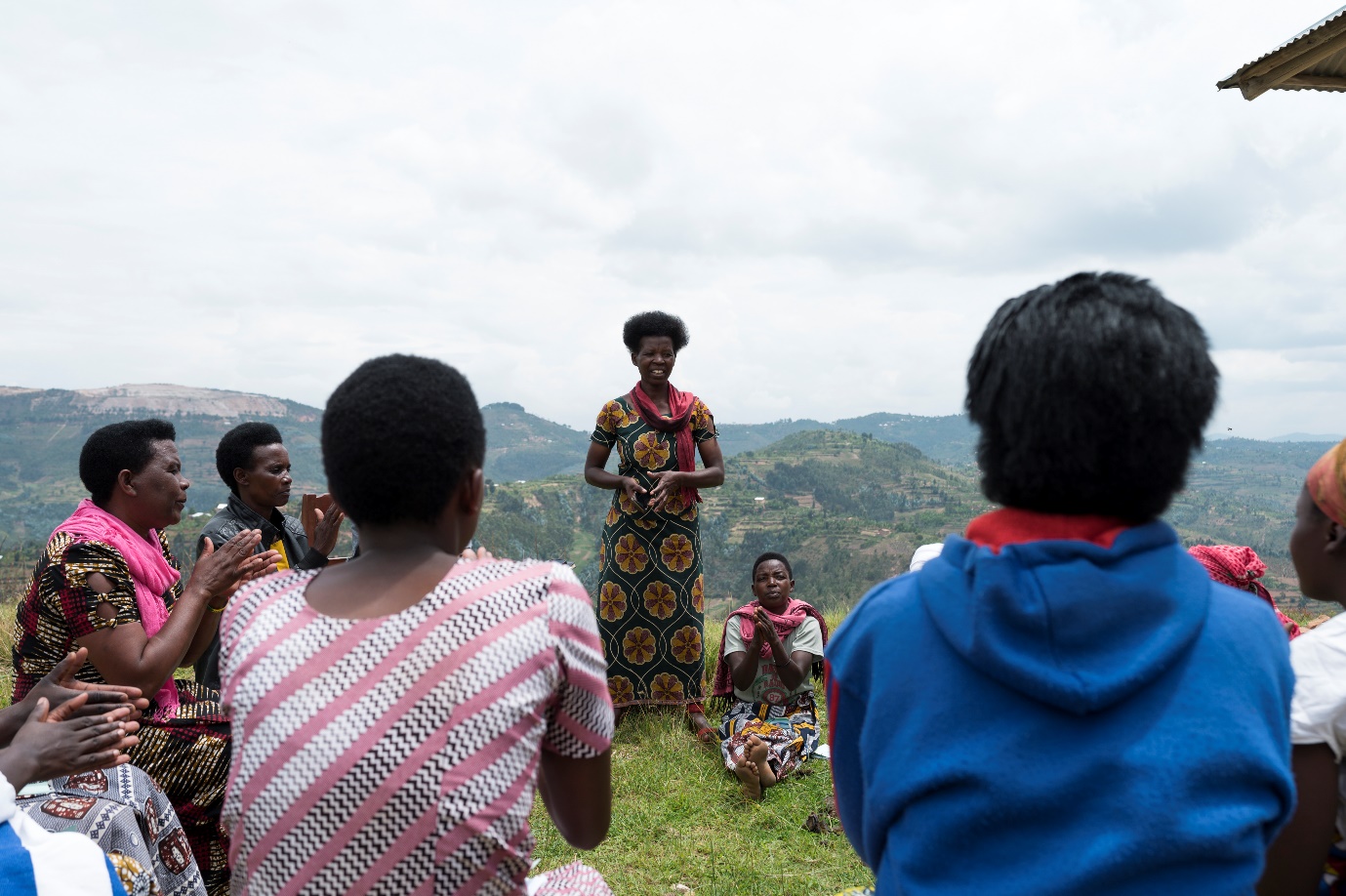
Social Empowerment: AEE Rwanda has implemented community-based programs aimed at increasing women’s social capital and leadership skills. Workshops and training sessions have focused on building self-esteem, leadership, and advocacy skills among women. Through these initiatives, over 20,000 women have taken up leadership roles in their communities, contributing to social cohesion and community development.
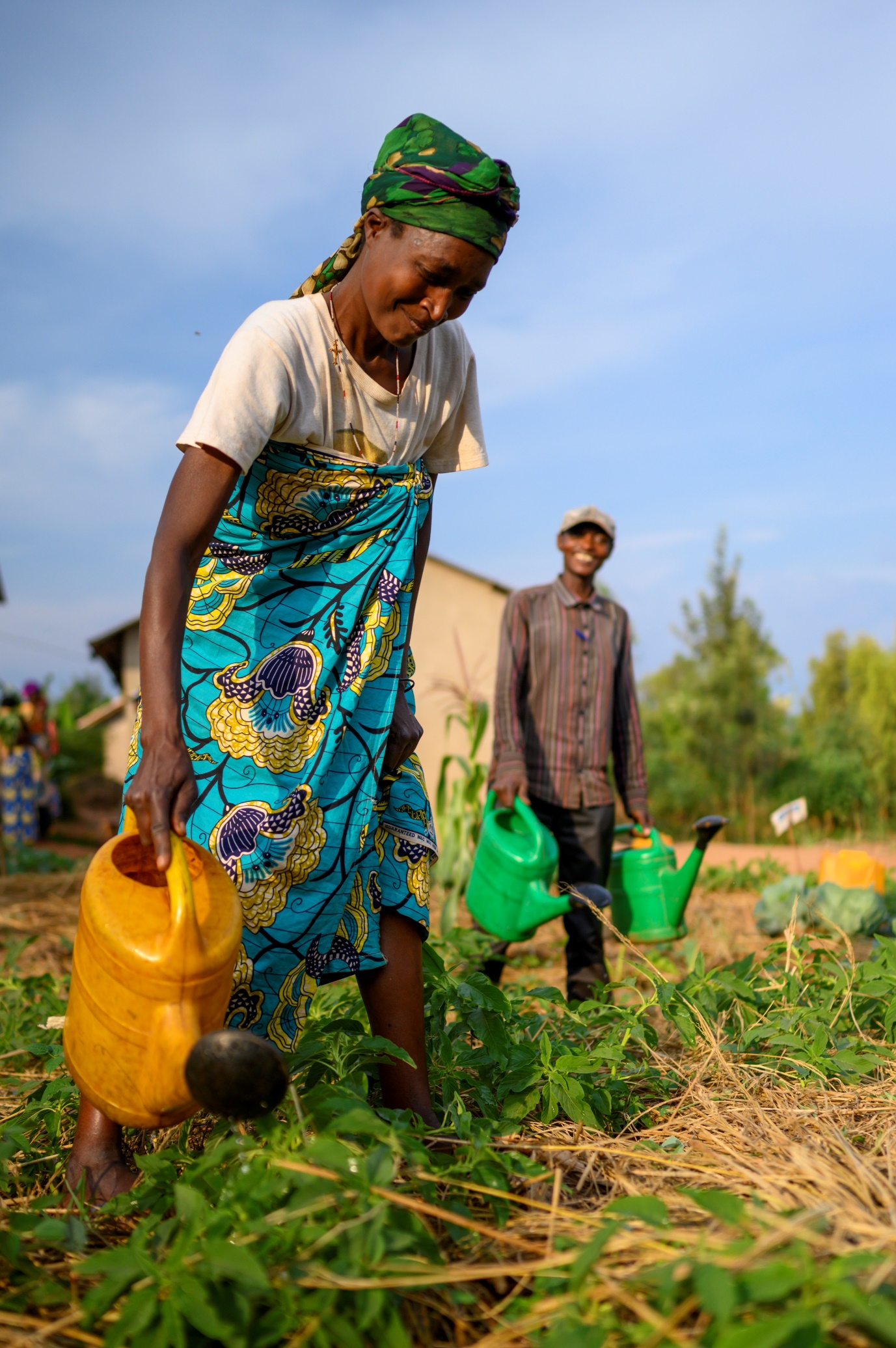
Economic Empowerment: AEE Rwanda’s economic empowerment programs have been transformative. The establishment of Village Savings and Loan Associations (VSLAs) has enabled over 100,000 women to gain access to financial resources, fostering entrepreneurship and economic independence. Additionally, vocational training programs have equipped women with skills in areas such as tailoring, hairdressing, and agribusiness, leading to increased income and economic stability.
Governance and Participation in Decision-Making: AEE Rwanda has actively promoted women’s participation in governance. Through training and mentorship programs, women have been encouraged to run for local and national leadership positions. Today, many women who participated in these programs hold significant decision-making roles, contributing to more inclusive governance structures.
Family Promotion and Gender-Based Violence Prevention: Addressing GBV has been a critical component of AEE Rwanda’s work. Through awareness campaigns, counseling services, and community dialogues, AEE Rwanda has helped reduce the incidence of GBV. Family promotion programs have also focused on strengthening family units and promoting positive parenting practices.
Interventions in AGYW: Addressing Teen Pregnancy
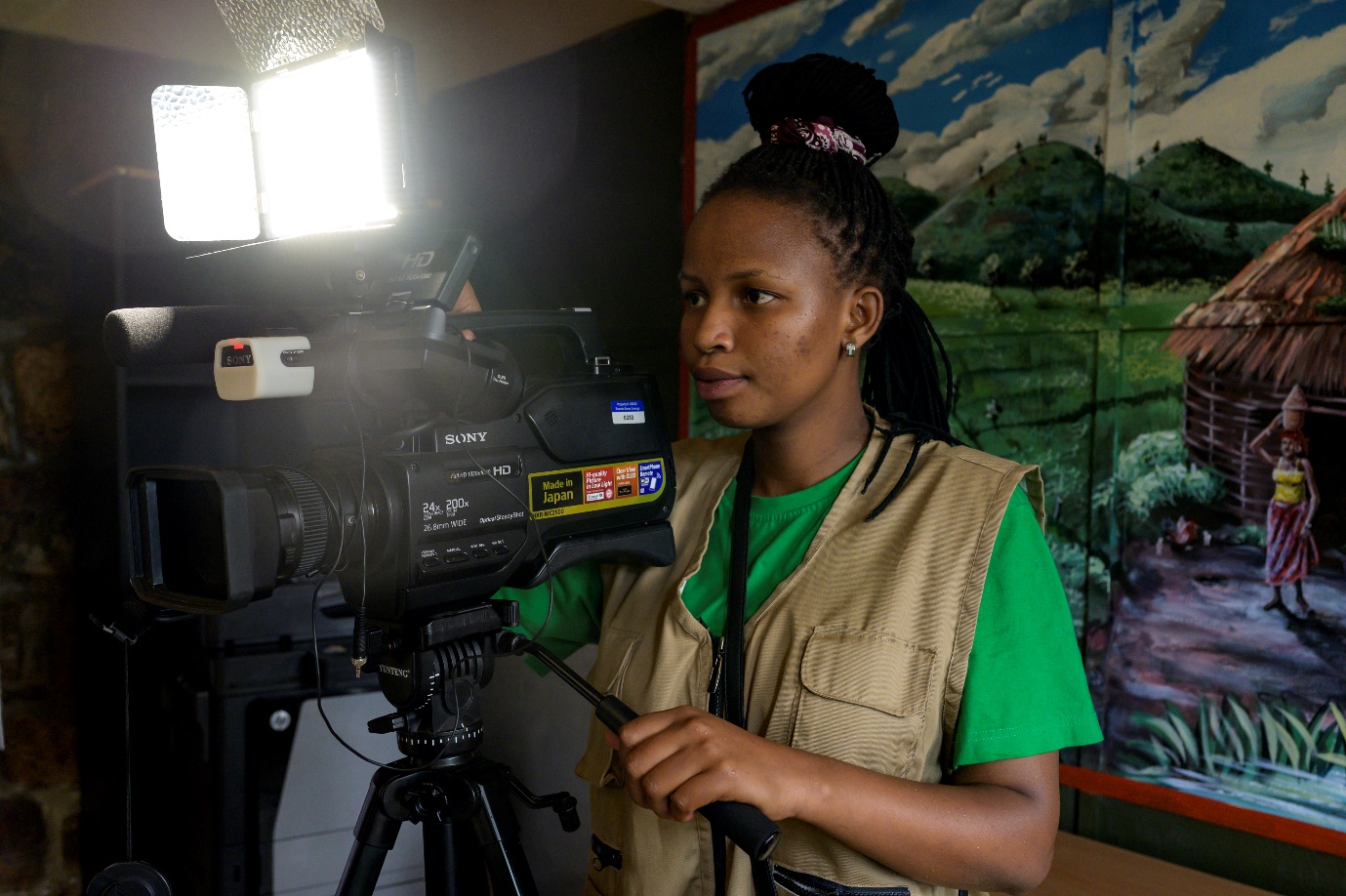
Teen pregnancy has long been a challenge in Rwanda, significantly impacting the educational and economic futures of young women. AEE Rwanda has introduced a multifaceted approach to tackle this issue. Educational programs form the cornerstone of our strategy, offering sexual and reproductive health education that provides accurate information to prevent early pregnancies. This education is integrated into school curriculums and community outreach efforts to ensure widespread impact.
Additionally, AEE Rwanda supports teenage mothers through dedicated programs that offer counseling, mentorship, and skills training. AEE Rwanda’s comprehensive approach has led to a 20% reduction in teen pregnancy rates in targeted regions. Moreover, over 70% of teenage mothers who received support have successfully returned to school or engaged in vocational training, showcasing the effectiveness of these interventions.
These initiatives help young mothers reintegrate into the educational system or pursue vocational training, facilitating their return to normalcy and future success. Community outreach efforts, in partnership with local leaders and healthcare providers, have strengthened support networks, addressing the stigma associated with teen pregnancy and fostering a supportive environment for young mothers.
Interventions in Education
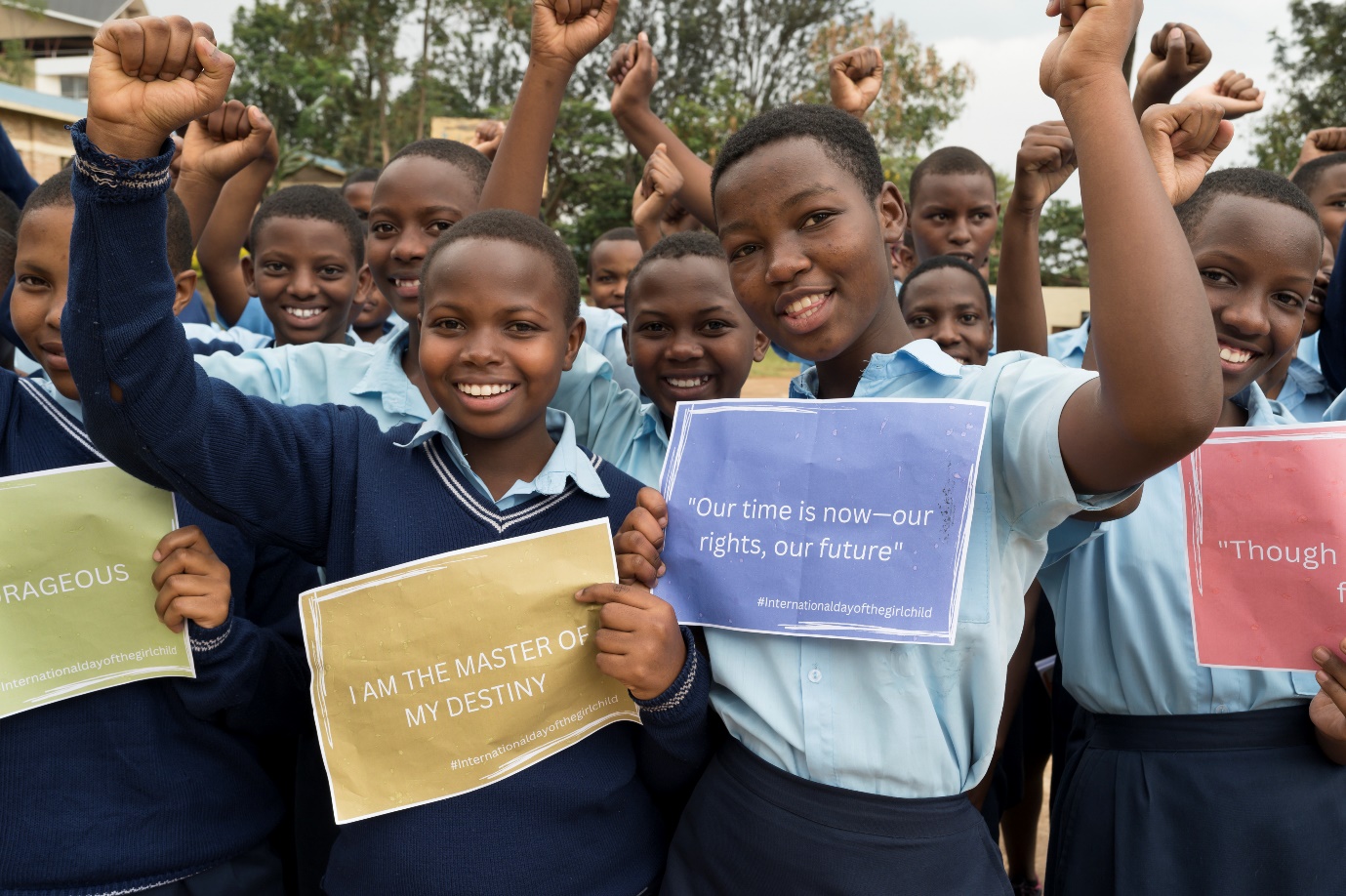
Interventions in ECD
AEE Rwanda has made significant strides in improving educational opportunities for girls through a range of targeted interventions. Our focus on Early Childhood Development (ECD) has been instrumental in laying a solid foundation for young learners. By establishing numerous ECD centers across the country, AEE Rwanda has provided essential early education and care to thousands of children. These centers have not only facilitated early cognitive and social development but also enabled many women to enter or re-enter the workforce, contributing to family economic stability. For instance, over the past decade, AEE Rwanda has established 150 ECD centers, benefiting more than 25,000 children, with a notable increase in early school readiness among girls. This foundational support has set the stage for continued educational success as these children progress through the education system.
In addition to ECD initiatives, AEE Rwanda has also concentrated on enhancing access to education at the primary and secondary levels. The organization’s interventions include providing scholarships, school supplies, and mentorship programs specifically aimed at girls. These efforts have resulted in tangible improvements in academic performance and retention rates. For example, scholarships have supported over 5,000 girls annually, alleviating financial barriers and encouraging school attendance. School supplies and mentorship programs have further bolstered academic achievements, with school retention rates for girls increasing by 20% in the regions served by AEE Rwanda. These interventions have collectively contributed to closing the gender gap in education and empowering girls to achieve their full potential, thereby fostering greater gender equality and community development.
Emphasizing TVET
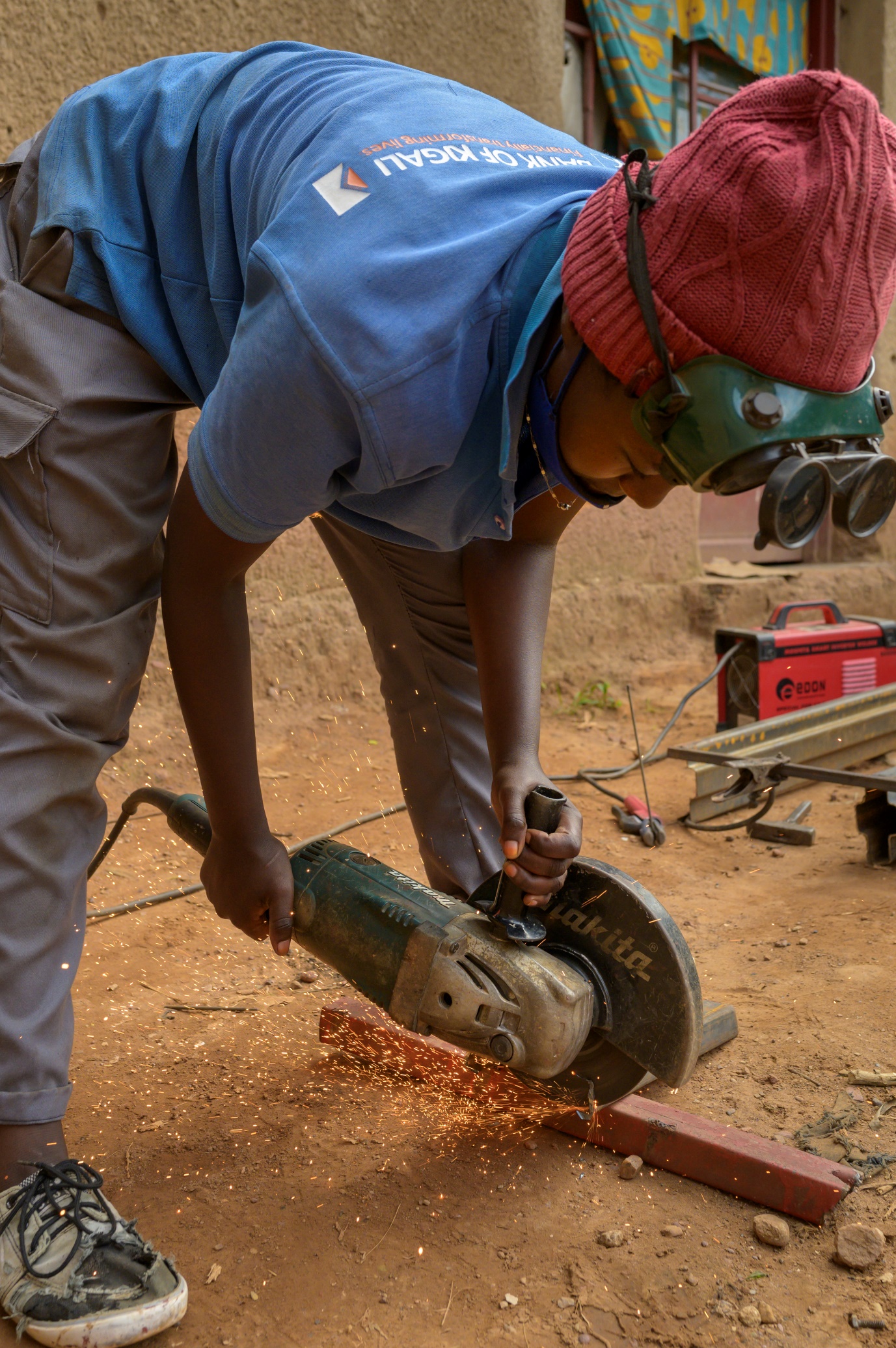
Education is a cornerstone of AEE Rwanda’s mission to empower women and AGYW. The organization has placed a strong emphasis on Technical and Vocational Education and Training (TVET) as a means to enhance educational opportunities and employability. TVET programs are designed to provide practical skills and hands-on training in various trades and professions, equipping women and AGYW with the skills needed for the job market. AEE Rwanda’s TVET initiatives include partnerships with local technical schools and vocational centers to offer training in areas such as tailoring, carpentry, and electrical work. These programs are tailored to meet the needs of local economies and provide women and AGYW with relevant skills that lead to gainful employment or self-employment.
AEE Rwanda’s TVET programs have resulted in a significant increase in job placement rates for graduates, with over 60% securing employment or starting their businesses. Furthermore, the organization’s educational support has led to a 35% increase in female student enrollment in secondary and higher education institutions, along with a 25% rise in academic performance. In addition to TVET, AEE Rwanda provides scholarships and financial support to young girls and women, ensuring they can pursue education at various levels without financial barriers. The organization also invests in improving school infrastructure, including constructing classrooms and providing learning materials, to create a conducive learning environment.
Interventions in Unity and Reconciliation
AEE Rwanda’s interventions in unity and reconciliation have not only fostered social cohesion but also played a crucial role in empowering women. Our comprehensive approach includes a variety of community-based programs designed to bridge divides and promote understanding among different ethnic and social groups. Over the past decade, AEE Rwanda has organized more than 150 dialogue sessions and workshops, involving over 10,000 participants in reconciliation efforts. These programs have facilitated open discussions and collective activities, which have significantly contributed to improved interpersonal relationships and a stronger sense of community. A noteworthy outcome of these efforts is the increased participation of women in local leadership roles and community decision-making processes. According to recent surveys, over 60% of women involved in these programs reported enhanced confidence and active engagement in community affairs, reflecting a positive shift towards gender inclusivity and empowerment.
Moreover, AEE Rwanda’s reconciliation initiatives have been instrumental in addressing the specific needs of women affected by conflict. Our trauma healing and conflict resolution programs, which have supported approximately 5,000 individuals, include targeted services for female survivors. These programs offer psychological counseling, support for economic independence, and training in conflict resolution skills. As a result, many women have gained the tools and confidence needed to rebuild their lives and take on leadership roles within their communities. Over 70% of women who participated in these programs have reported increased self-reliance and involvement in local governance. This empowerment is a testament to AEE Rwanda’s effective approach in not only healing societal wounds but also in advancing gender equality and enhancing the role of women in Rwanda’s ongoing reconciliation and development processes.
Interventions in Economic Empowerment: VSLA and Savings Groups
Economic empowerment is crucial for women and AGYW’s long-term success. AEE Rwanda has introduced several key initiatives to enhance economic opportunities. Among these, Village Savings and Loan Associations (VSLAs) and savings groups play a vital role. VSLAs provide women with access to financial services, including savings, loans, and insurance, enabling them to start and grow small businesses. Through VSLA programs, AEE Rwanda facilitates the formation of savings groups where women pool their resources, provide loans to each other, and share knowledge about financial management. These groups help women gain financial independence, improve their household income, and create sustainable livelihoods.
Furthermore, AEE Rwanda supports women’s entrepreneurship through mentorship and business development services. These initiatives help women entrepreneurs scale their businesses, access larger markets, and achieve economic stability. Over 50% of women participating in AEE Rwanda’s VSLA and savings group programs have successfully established or expanded their businesses. Participants have reported a 40% increase in household income, reflecting the substantial economic benefits of these interventions.
Interventions in Agriculture
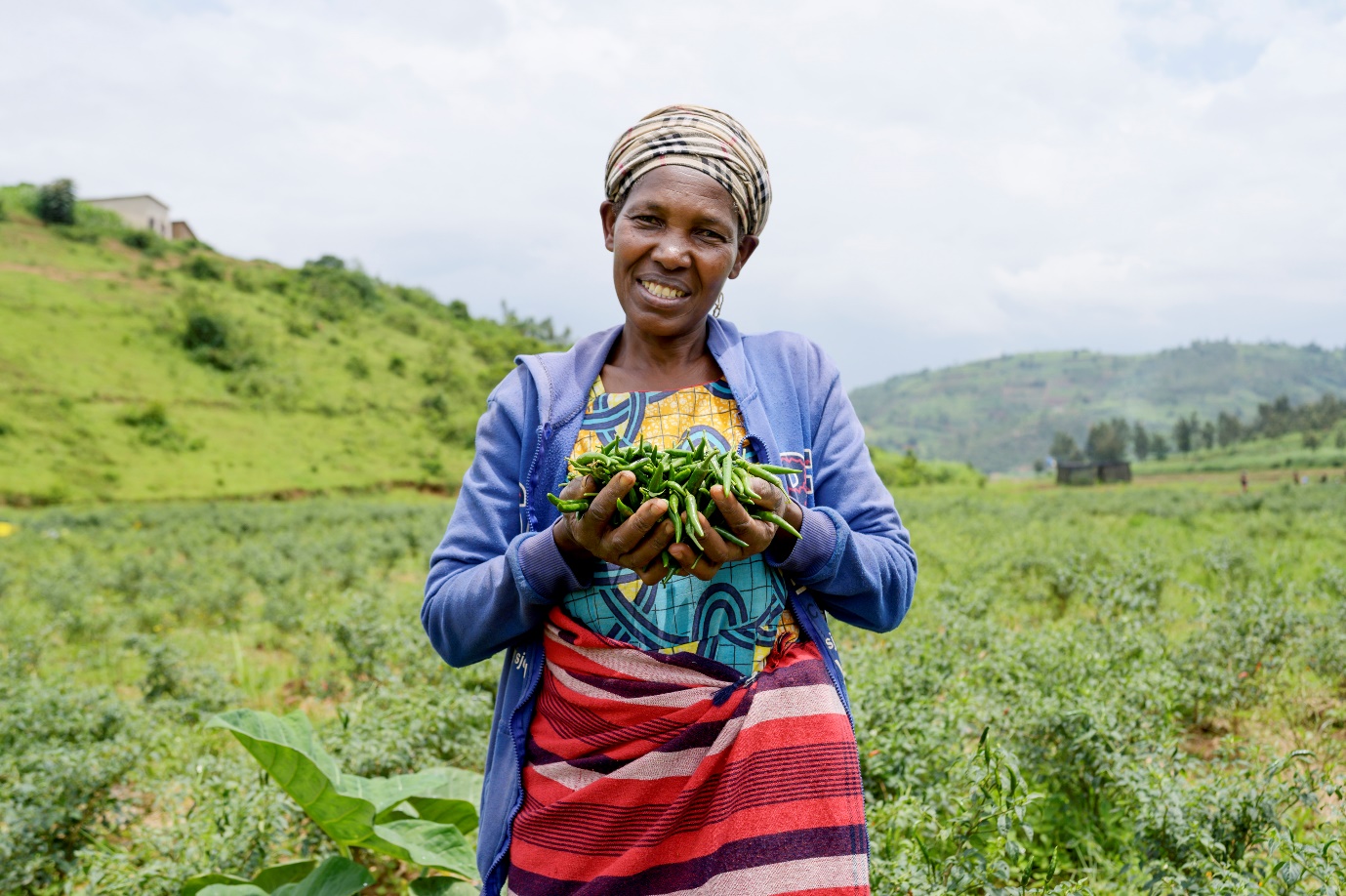
Women farmers participating in AEE Rwanda’s agricultural programs have experienced a 30% increase in crop yields. The agricultural cooperatives established by the organization have provided stable incomes and increased market access for women farmers. Agriculture remains a vital sector in Rwanda, and AEE Rwanda has focused on empowering women in this field. The organization provides training in modern farming techniques, crop management, and sustainable agricultural practices. These training programs aim to increase agricultural productivity and improve the livelihoods of women farmers. AEE Rwanda also facilitates access to quality seeds, fertilizers, and farming tools, enhancing agricultural output and efficiency. The formation of agricultural cooperatives has enabled women to pool resources, share knowledge, and access larger markets, further supporting their economic stability.
Interventions in IT: Digital Literacy and the CHOMOKA App
In the digital age, IT education and access are crucial for women’s empowerment. AEE Rwanda has made significant strides in promoting IT education through various initiatives. The organization offers comprehensive digital literacy training to women and AGYW, equipping them with essential skills for the digital economy. Over 60% of women who participated in AEE Rwanda’s IT training programs have acquired digital skills, leading to improved job prospects and business opportunities. The tech hubs have provided over 5,000 women and AGYW with access to digital resources, while the “CHOMOKA” app has been downloaded by over 3,000 users, providing them with valuable financial and entrepreneurial tools.
AEE Rwanda has also established technology hubs that provide access to computers, internet, and tech support. These hubs enable women to learn and develop digital skills, enhancing their employability and entrepreneurial potential. In addition, AEE Rwanda as an implementing partner has helped to introduce the “CHOMOKA” app, a digital platform designed to provide financial literacy, savings tools, and access to information on entrepreneurship and job opportunities.
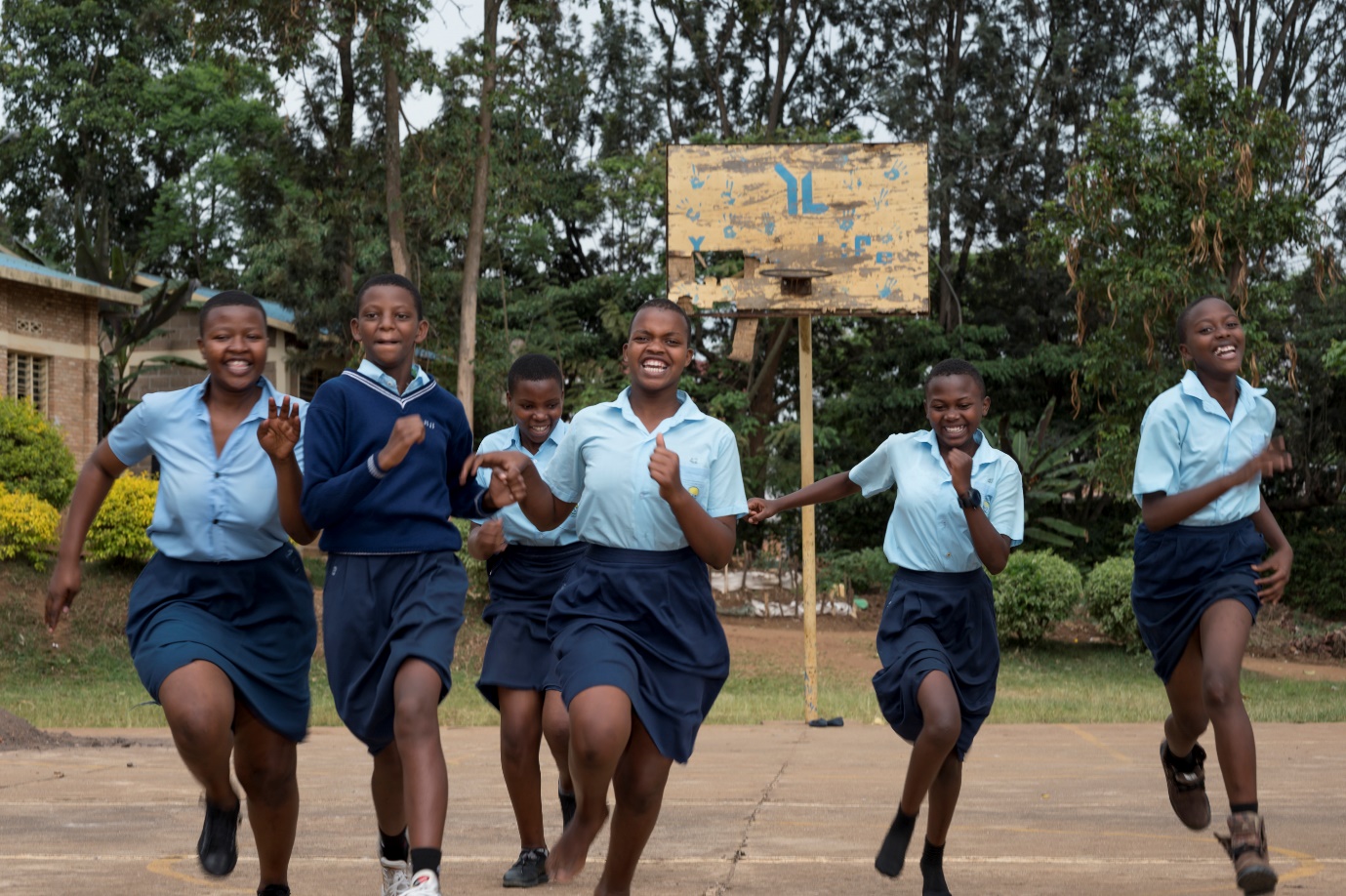
Alignment with National Development Plans
AEE Rwanda’s gender-focused interventions throughout the years, have been strategically aligned with Rwanda’s national development strategies, such as the Economic Development and Poverty Reduction Strategy (EDPRS) I & II, the National Strategy for Transformation (NST) I & II, and the National Gender Policy. AEE Rwanda’s initiatives include the establishment of Village Savings and Loan Associations (VSLAs), which empower women economically by providing access to financial resources and literacy training. These efforts support the broader objectives of Vision 2020 and Vision 2050, which aim to transform Rwanda into a knowledge-based, middle-income country with equitable opportunities for all citizens. By promoting women’s financial independence and entrepreneurship, AEE Rwanda contributes to the national goals of poverty reduction, economic diversification, and inclusive growth.
In alignment with national policies, AEE Rwanda during the past 30 years aimed to also focus on education, health, agriculture, and family promotion to advance gender equality and empowerment. Through programs that enhance girls’ access to education, psychosocial or mental health, improve maternal and child health, and support women’s roles in agriculture; AEE Rwanda addresses critical areas identified in the National Gender Strategy. These interventions complement the objectives of NST1 & 2 by fostering an inclusive society where women and girls have equal opportunities to thrive. By integrating gender considerations into its programs.
AEE Rwanda has ensured in the past 30 years, with key stakeholders and partners that women and girls are active participants in Rwanda’s development journey, contributing to the realization of the country’s long-term visions of sustainable and inclusive growth.
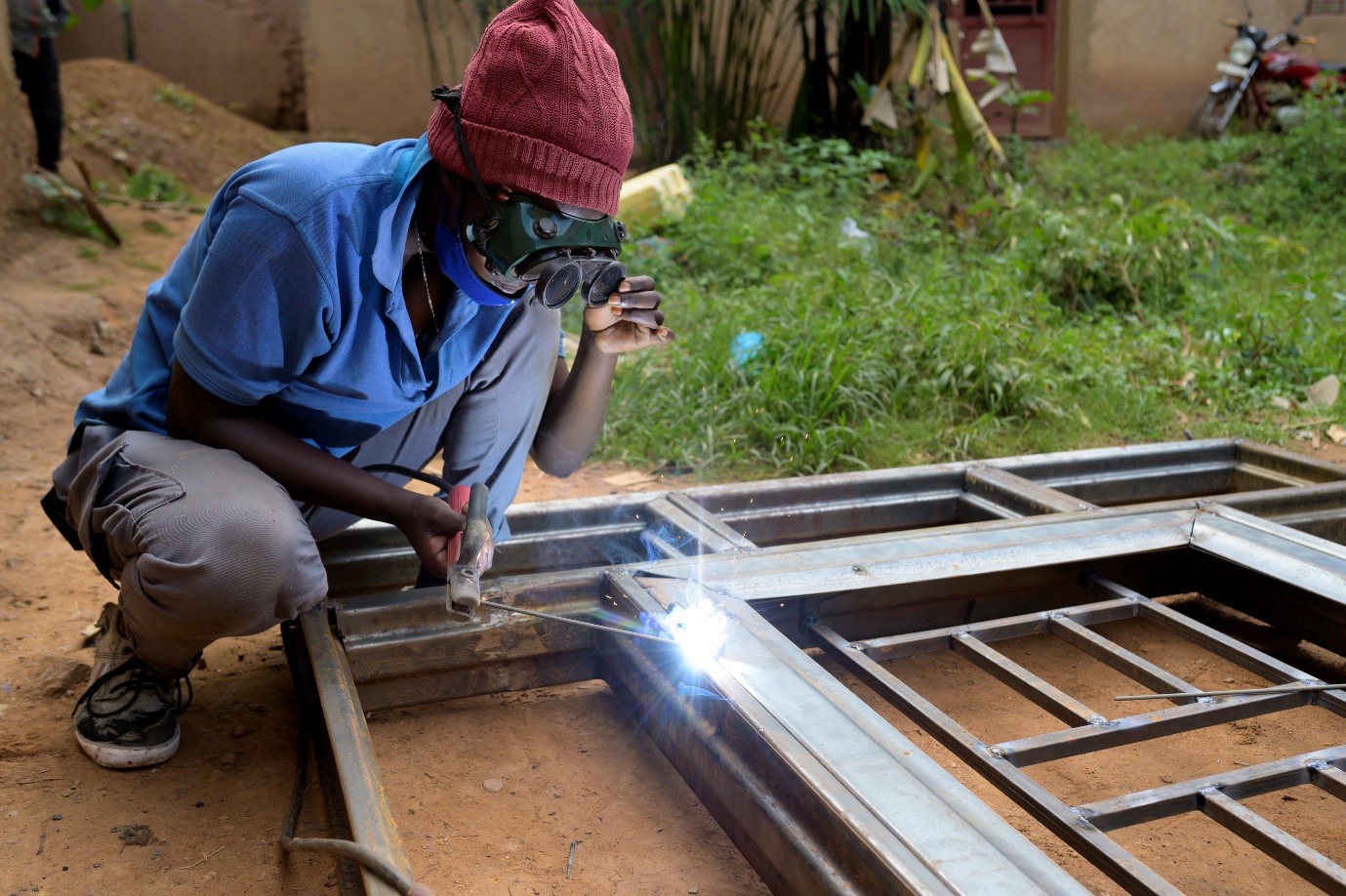





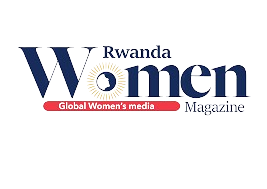
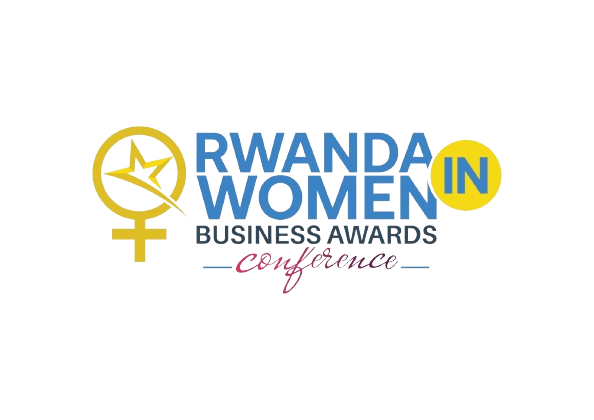

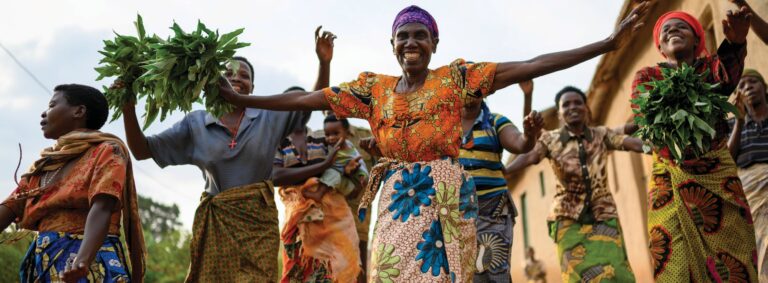


 Strong national presence
Strong national presence







